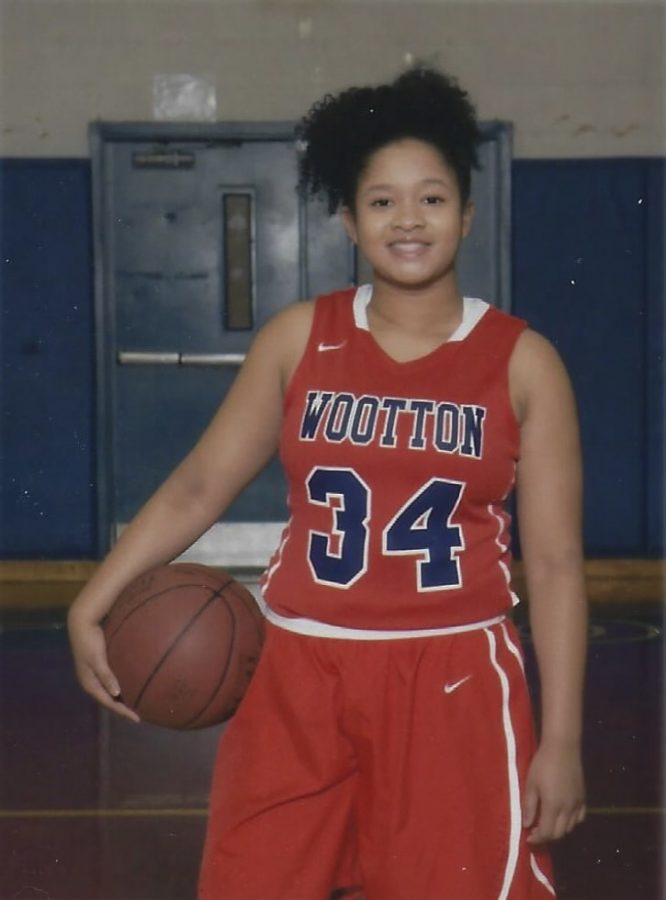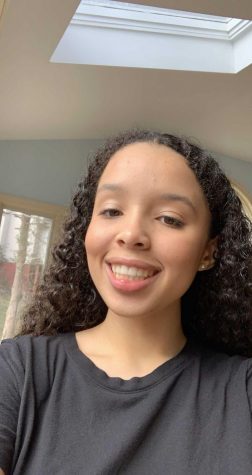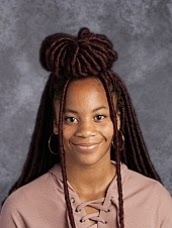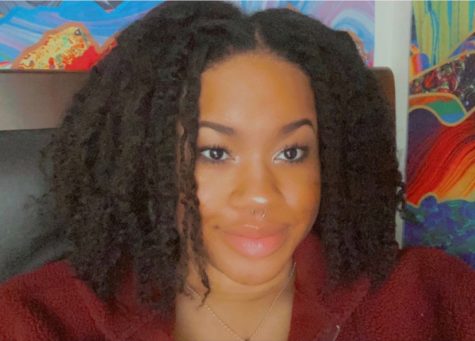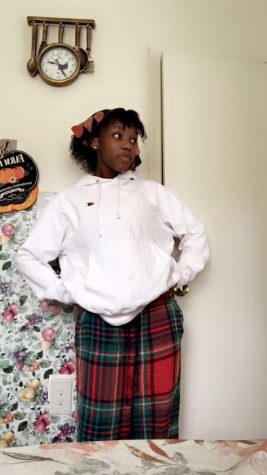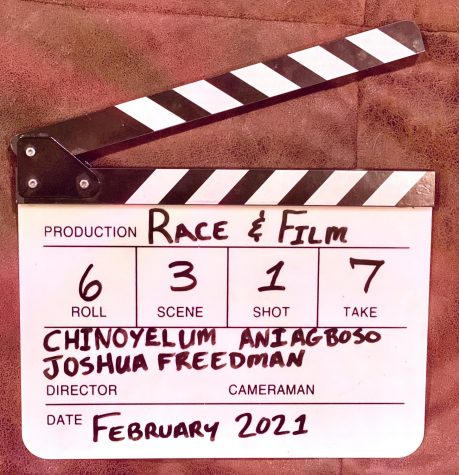Karyssa Pete: Transitions experienced as Black-Filipina military kid
Junior Karyssa Pete is a member of the girls’ basketball team.
Junior Karyssa Pete comes from many backgrounds. As a female student athlete, Christian, Black-Filipina and part of a military family who was constantly moving from one location to another, Pete grew up within a multitude of communities.
A military family is where one or both parents are active duty in the military. In Pete’s case, military service extends beyond her parents. “My dad is from Texas and he’s in the Navy; he also had family who had joined the Navy or Army as well. My mom is from Washington state and she does civil service, and her father was also in the Navy,” Pete said.
With parents who are often relocated for their jobs, Pete and her older sister aren’t strangers to large moves. “I was born in California and we had moved to Texas when I was a few months old up until I was four, where we then moved to Japan for almost six years. After that, we moved to North Carolina where I lived from age 10 up until 13 when I moved here,” Pete said.
Until she moved to Montgomery County in eighth grade where she attended Cabin John, Pete had been enrolled in smaller, less diverse schools located on military bases around the country. In the Department of Defense Education Activity (DODea) schools, grade levels had strict schedules and separate classes and lunches, making it difficult for different grade levels to interact with each other. Consistent moving also meant that Pete was often separated from her friends after knowing them for a few years and wasn’t able to play sports as seriously as she wished she could.
Transitioning to this large and diverse community was difficult for Pete at first. “I feel like my prolonged deprivation of Black people — especially Black girls my age and grade — coupled with not interacting with my Black relatives for such a long time, has made me out of touch with part of my roots, and has made me anxious and insecure in some aspects of it,” Pete said. “I’m really glad that Wootton has a plethora of communities that encompasses many cultures and races that welcomes anyone from any background.”
The Black Student Union was one of those communities that helped her integrate into the public school environment. “There is a place where I know people who look like me are present at Wootton, and there are more than a handful of them this time,” Pete said.
Identity also affected Pete’s adjustment. “I think being a Christian, Black-Filipina has impacted my transition because that, plus the fact that not a lot of people at Wootton come from military backgrounds, means that not many can relate to my personal baggage and the intersectionality that came with it,” Pete said.
For students that are also from military families, leaving behind old communities is difficult, but Pete hopes they embrace new environments. “Acknowledge that you come from different backgrounds and keep moving. Don’t live in the past too much, or else you’ll be out of touch with the present. If you find someone of the same or similar background as you, that’s cool,” Pete said. “Bond with them. But don’t just revolve your identity around being a military kid – you’re more complex than that.”
Your donation will support the student journalists of Thomas S. Wootton High School. Your contribution will allow us to purchase equipment and cover our annual website hosting costs.
Christina Liu is a 2021 graduate.


